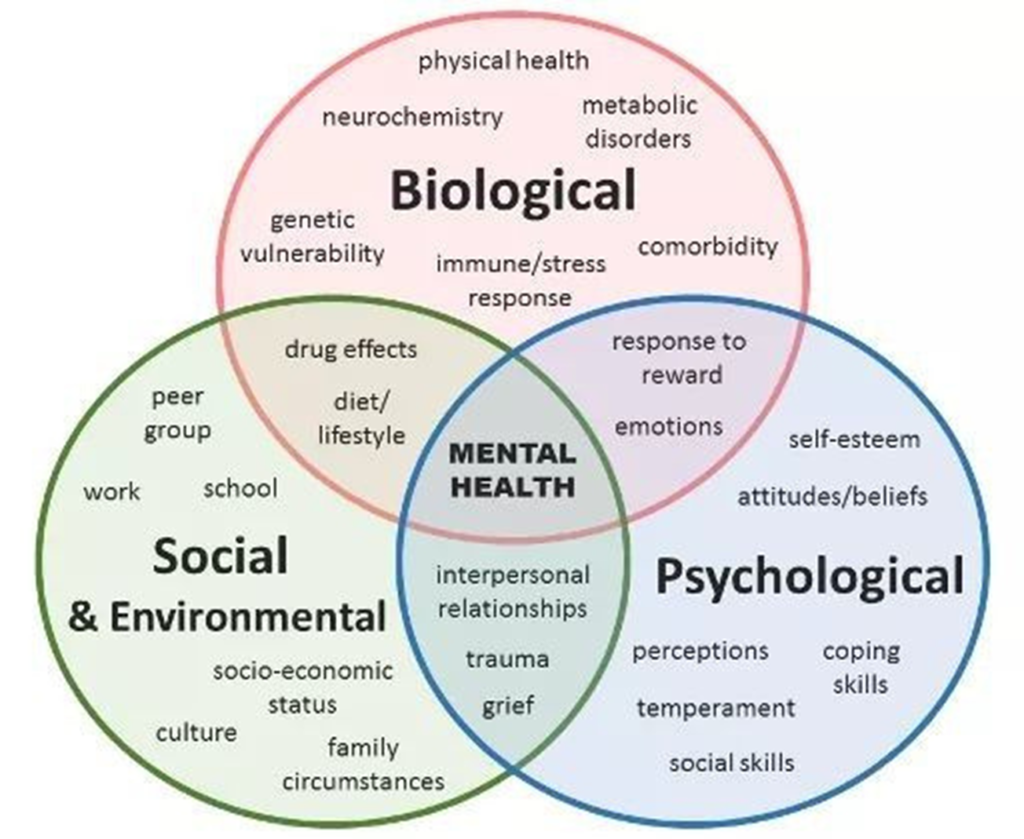“Functional Medicine is the science of creating health rather than the science of removing disease. We remove the impediments to health, toxins, allergens, microbes, poor diet, stress of various kinds and we put in the ingredients for health. The right food, nutrients, light, air, water, movement, exercise, rest, restoration, sleep, connection, community, love, relationships, meaning and purpose. Those are all the ingredients for health. You create the conditions for health.” – Mark Hyman
What is a Functional Medicine / Integrative Wellness Approach?
Functional Medicine is a client-centered approach that focuses on the whole person, not just an isolated set of symptoms. Genetics, environmental factors, lifestyle, and trauma interact in an intricate web, influencing our health and wellbeing. In this way, an integrative framework supports the different facets of each individual when supporting their journey toward wellness.

Components of FM and an Integrative Coach Approach
- Client-Centered. The focus is personalized, understanding the unique qualities and circumstances of the individual. It is a collaborative union where the client is empowered with a sense of agency over their own health and wellness.
- Functional Nutrition. Food is energy, information, connection and medicine. Functional nutrition focuses on nutrient-dense, anti-inflammatory whole foods to promote optimal health
- GI Health. A healthy gut is more than a healthy digestive system. Our gut health also influences our immune system, mental health, sleep, skin, metabolism and more. Good gut health is essentially the powerhouse to many dimensions of our wellbeing.
- Lifestyle. Approximately 80% of chronic health issues are drive by lifestyle. Healthy lifestyle habits around nutrition, movement, sleep, stress and social connectedness can greatly enhance and improve our overall health.
- Mind-Body Connection. Emotions, thoughts, and beliefs affect physical health. This approach utilizes techniques to lower stress and generate healing.
- Trauma-informed. Trauma can influence our mental, emotional and physical health. Whether learning to regulate the nervous system, address impact on physical health, or utilizing mind-body modalities , the coach/client partnership offers a safe relationship and space to gather tools for the healing process. This care does not replace therapy and other clinical professionals. Rather it offers a team-based approach to ensure the client feels fully supported in addressing the myriad of impact of both big ‘T’ and little ‘T’ traumas.